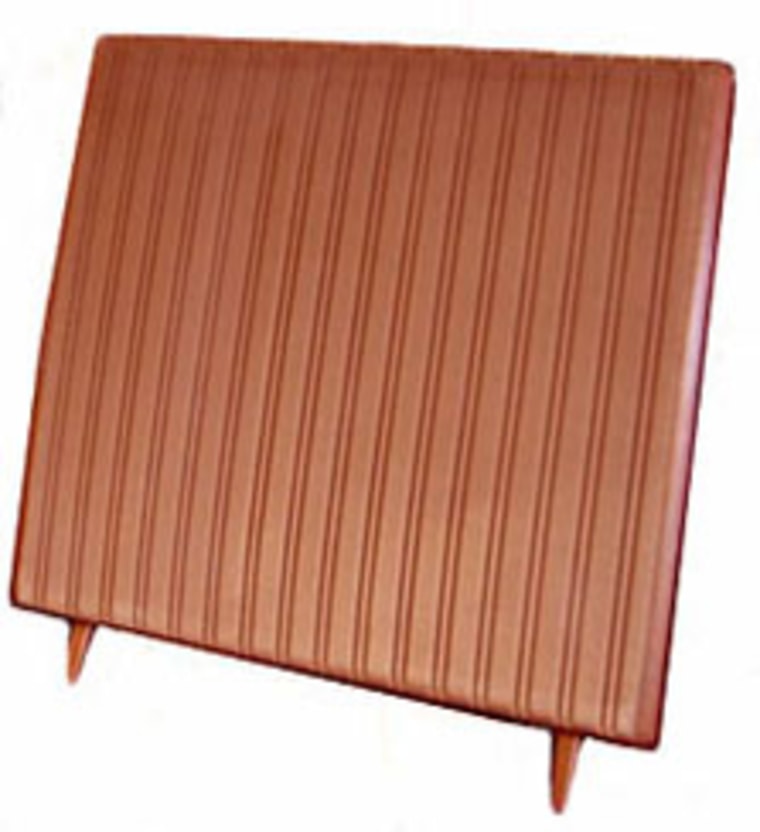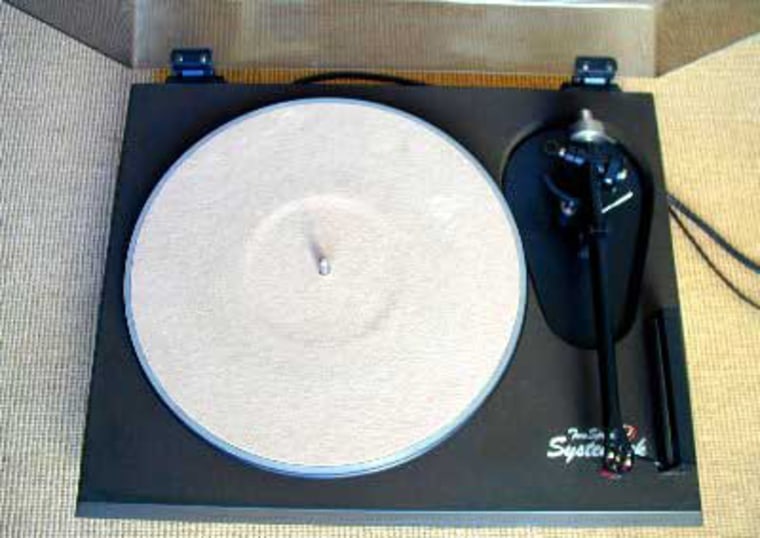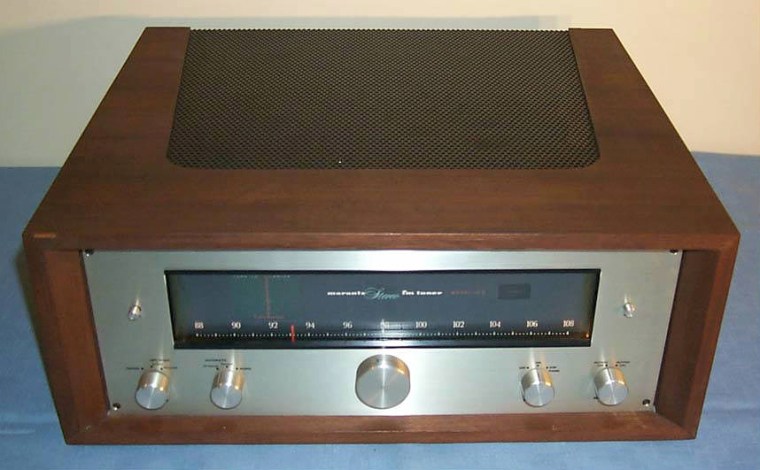Do you have one gathering dust in a closet? Or maybe on a shelf? Could it be in the basement or attic? You might even have some lurking out in the garage. I’m talking about vintage hi-fi.
Call it used, refurbished or classic equipment, but you may be sitting on a small fortune.
There’s a possibility that the old stereo gear you bought or acquired from the 80’s — or 70’s, or possibly even the 50’s or 60’s — may be back in style with a vengeance.
Forget about old TVs. They drop in value quickly. Hi-fi gear is a hot commodity these days. Not all older hi-fi is worth a lot of money. But some pieces are nearly worth their weight in gold. It depends on many factors — especially how good it was when it was brand new. And there’s the collector’s factor. But first, let me offer some background.
Before the Internet, classified ads in local newspapers and local neighborhood hi-fi shops were the main outlets for buying and selling older equipment. Most of the time, gear was traded-in when it was time to buy new and improved stuff.
Every big city probably had at least one store that had a booming business in used hi-fi. It was likely a place you could hear what something sounded like before buying it. Here in New York, I used to do a lot of bartering at Stereo Exchange. I got some really classic stuff there.

A few years ago I went back to try to find a particular pair of speakers and the owner looked at me as if I was speaking a foreign language. “We don’t deal with used equipment anymore. The Internet killed that business.” I walked out nearly in tears.
Luckily, a few weeks later, on a business trip to Seattle, I walked into Hawthorne Stereo. I felt right at home. There was a giant room with shelves jammed full of interesting stereo gear. The establishment’s owner actually moved a pair of very heavy speakers into his main listening room and let me listen to them on modern-day equipment — some pieces costing $10,000 or more. I didn’t buy anything, but I appreciated the treatment.
There are still some retailers that deal in classic equipment, like Audio Classics in Vestal (Binghamton), New York. But similar businesses are now hard to find. The vintage hi-fi business has moved nearly completely to the Internet.
The largest online area for used hi-fi is eBay. No matter how old or esoteric, odds are that you will find the item you’re looking for listed on eBay. Maybe not on your first try — but if you persist you’ll find it before you know it.
EBay hi-fi shopping can be both a bad and good experience. As with any form of bartering, the quality of your experience depends a lot on the honesty of the seller. Sellers also complain about some buyers.
As for buyers, with eBay you usually have to believe the seller’s description of the item. You can’t see and hear it in person like the good old days. You also have to hope they know how to pack the gear. I’ve won eBay auctions only to have the gear destroyed during shipping. Sometimes you’ll see the words "original boxes" in a listing. That’s a good thing for delicate hi-fi gear.
The selection of goods available on eBay is much better than in any used hi-fi store on the planet. That’s because people all over the world are listing their goods on eBay. If you know what you’re looking for there’s a good possibility that you can find it online for a good price.
EBay may have the largest selection, but other sites, like www.audiogon.com, sometimes have a better selection of higher-priced gear. Other Web sites also deal with hi-fi bartering and a quick Web search can help you find one to try.
What's your stuff worth?
If you’re interested in selling your old stereo equipment, remember, they aren’t all worth lots of money. As a general rule, most transistorized equipment — mainly receivers from the 70’s and 80’s — are not worth as much as you'd like them to be. Tube gear generally is in great demand by aficionados and collectors and can sell for the big bucks.
Of course, there are exceptions to every rule. Some tube stuff never sounded all that good when they were brand new. Those pieces aren’t worth a lot today.
Some transistorized gear sounded and sounds amazing and, therefore, are worth a small fortune.
Some things to remember: Cassette decks haven’t really held their own. Pre-recorded cassettes aren’t popular anymore. Same for reel-to-reel tape recorders. On the other hand, quality FM tuners are surprisingly popular online. And quality used turntables are also very big sellers these days.
Do your homework
How do you know if your particular items are worth anything? The best way is to due your homework online. Search eBay, Audiogon and other audio sales Web sites for similar items. You’ll get a rough idea of what people are charging and what they’re buying. Adjustments may have to be made for the item’s condition. Both buyers and sellers can determine fair prices this way.

As for shipping and handling, remember it was and is delicate, precision gear that someone thought enough of to hold on to. Some of it weighs a ton. Whether you’re buying or selling, make sure the item is properly packed and insured for shipping.
One very important caveat: this stuff is old electronic equipment and may need some professional help. Be prepared, especially with older equipment (30 years plus), to have an expert check it out to make sure everything is up to spec. Get it checked before you plug it into a wall socket to avoid major problems.
For the record, I’ve bought and sold a number of items online and for the most part I’ve been very pleased with my experiences.
This column actually started as a conversation with my boss. I told him about the thriving marketplace. And he told me about his classic Systemdek turntable sitting in a box in his basement. When we checked, he found out that it’s worth a whole lot more than he ever thought. Who knows what you might find.
